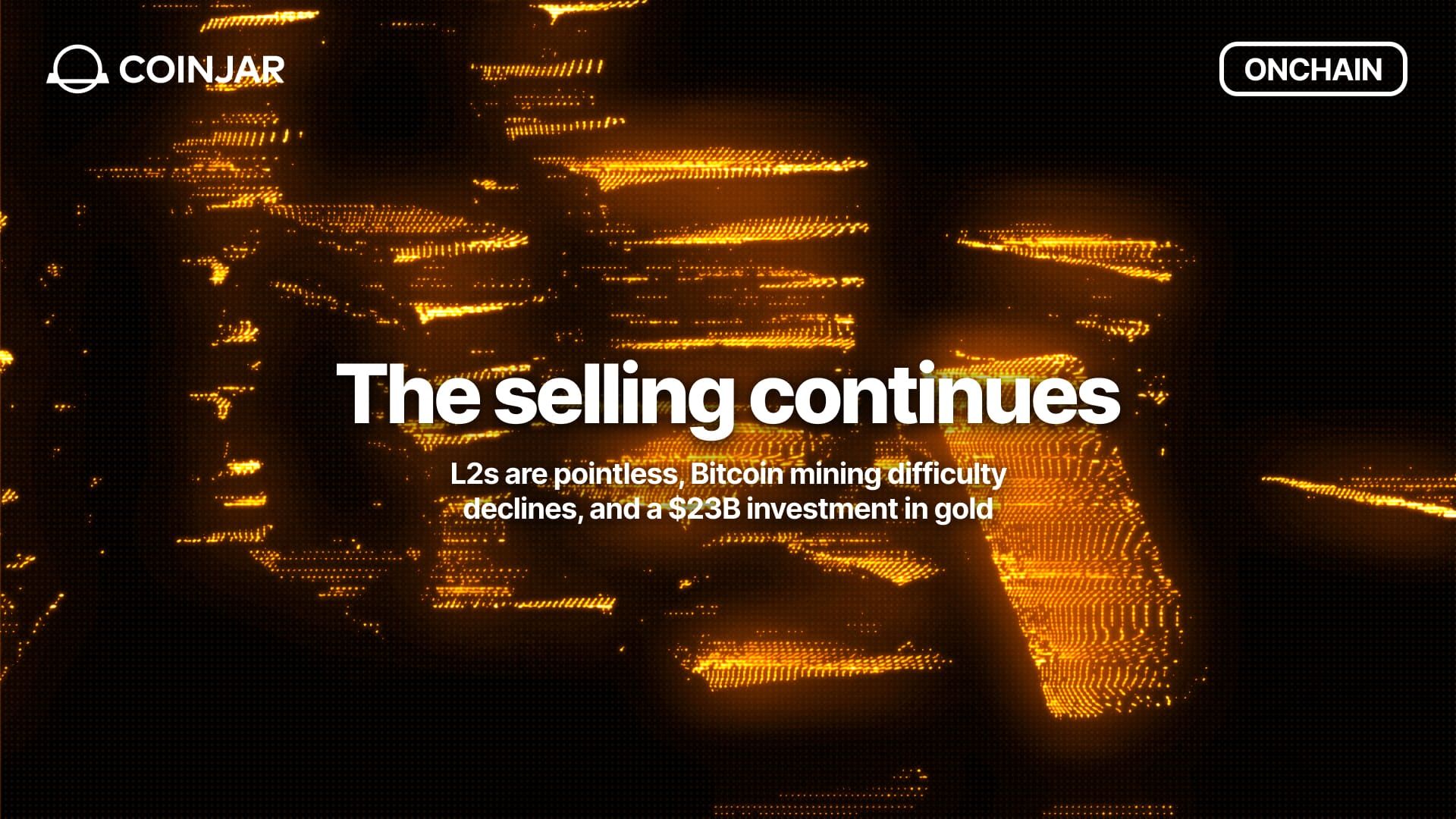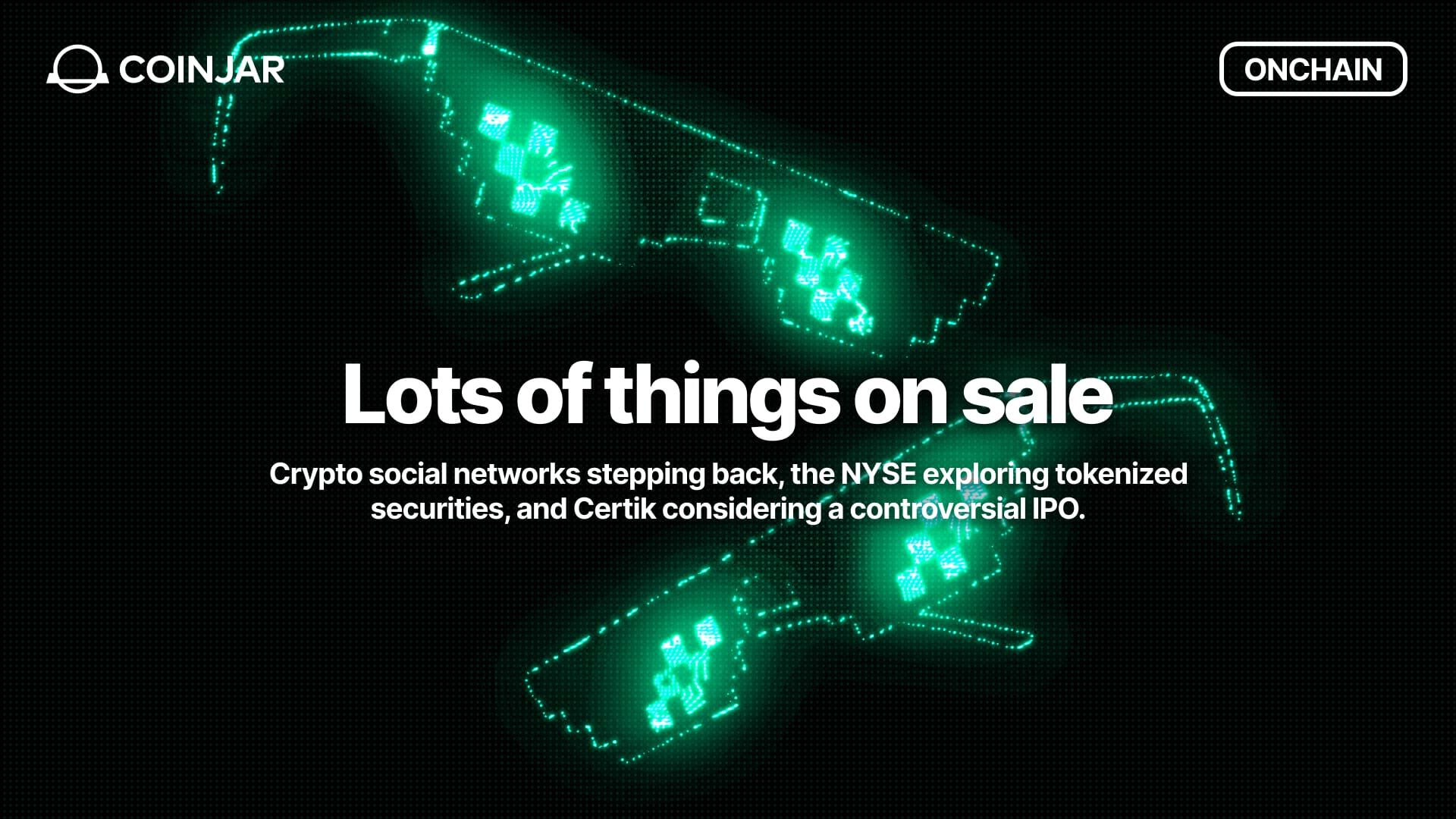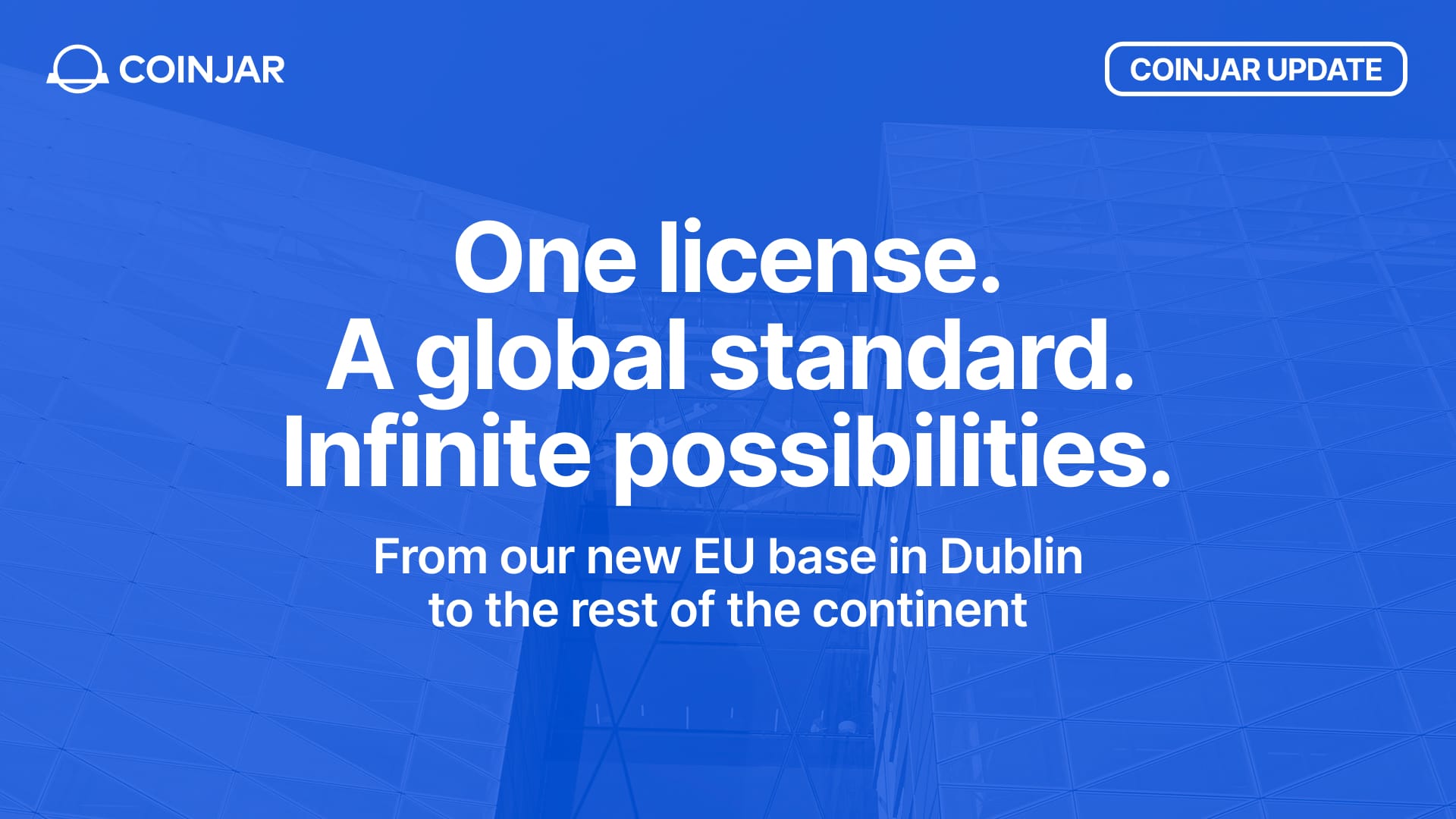Japanese Banks Plan to Hold Bitcoin: Will BTC Prices Rise?
October 29, 2025Will Japanese institutional demand drive up the price of cryptocurrencies? Or will it be a non-event, exiled to live in Nope Land?
Share this:

Japan is on the verge of allowing banks to buy and hold crypto assets like Bitcoin. Japan’s financial regulator, the Financial Services Agency (FSA), is preparing a rule change that is keeping crypto enthusiasts on the edge of their moon boots.
Previously, banks in Japan could not hold crypto assets due to concerns around volatility and risk. But if this rule change spins in like a sushi roll, banks will be able to treat cryptocurrencies more like other investment assets like stocks or bonds. In fact, some commentators are even claiming that Japanese banks are already quietly accumulating cryptocurrencies.
Does this mean we can say “konnichiwa” to upward price pressure?
It’s hard to say. While this could be potentially upward price pressure for Bitcoin, let’s not get high on the Hopium just yet.

There are many other macroeconomic factors that can cause price falls that override institutional accumulation rather swiftly and cruelly.
And, the new rule might be shot down like a UFO over Area 51.
Is Bitcoin now Legit?
There is hope for a wider benefit of this new rule (if it passes). Japan is a major economy. If the Japanese banks hold Bitcoin, it could mean that Bitcoin is becoming a mainstream asset rather than just a speculative niche.
It seems like the crypto ecosystem is evolving and being embedded into traditional finance. This could be a structural tailwind rather than a short-term fad.
Will Institutional Demand Drive up Price?
When a country’s banks are allowed to hold Bitcoin, it opens a new demand channel. Up until now, many banks have been restricted from owning crypto assets (directly) because of regulation, governance or risk frameworks. If Japanese banks can buy and store Bitcoin, that effectively means more potential capital flowing into the crypto market.
It is conceivable that if banks buy and hold, more Bitcoin may be locked up and not circulating actively. This will reduce “liquid supply.”
Unlike fiat currencies (government-issued money), no one can “print more” Bitcoin, the supply is fixed. There will never be more than 21 million in circulation. This could create scarcity in Bitcoin available to purchase.
Ripple Effect Globally
If Japan allows banks to hold Bitcoin, other countries might fall in line too. The great hope for Bitcoin holders is that this could create a self-reinforcing trend of institutional adoption.
This may reduce perceived risk, attracting more capital (from other banks, asset managers, pension funds). There could be other layers of demand.
Retail Demand
If Japanese banks are allowed to offer crypto services, it could be a big deal not just for big investors, but also for individual buyers. If banks add crypto buying and selling to their normal apps, people could buy Bitcoin and other coins straight from the bank they already use.
This would make it much more convenient for normies to get into crypto. It is not a huge leap to think that this could bring more people into the market.
What to Watch For
Here are some factors to keep in your sights:
- An official announcement from the FSA or Japanese government that banks will be allowed to hold crypto.-Timing: When would the rule go into effect? Is it immediate, or phased?
- Flow data: Is there evidence of banks accumulating Bitcoin (on-chain large wallet movements, disclosures, etc.)?
- Supply metrics: Are there reductions in Bitcoin available for trading (more coins being locked, less selling)?
Yes, But…
Japan allowing banks to buy and store Bitcoin could open a big institutional demand channel. But we don’t know how the markets will react. It could end up being a total nothingburger. Without sauce. Ew.
And yet, it does seem promising. Japanese banks will be able to hold Bitcoin themselves, as well as provide custody services for their customers. And anyone who is a crypto bro or sis knows that this could mean more institutional accumulation.
Maybe we CAN suck in a little Hopium while keeping a good dose of Copium in a warm glass nearby.

Don’t invest unless you’re prepared to lose all the money you invest. This is a high‑risk investment and you should not expect to be protected if something goes wrong. Take 2 mins to learn more.
Cryptoassets traded on CoinJar UK Limited are largely unregulated in the UK, and you are unable to access the Financial Service Compensation Scheme or the Financial Ombudsman Service. We use third party banking, safekeeping and payment providers, and the failure of any of these providers could also lead to a loss of your assets. We recommend you obtain financial advice before making a decision to use your credit card to purchase cryptoassets or to invest in cryptoassets. Capital Gains Tax may be payable on profits.
CoinJar’s digital currency exchange services are operated in the United Kingdom by CoinJar UK Limited (company number 8905988), registered by the Financial Conduct Authority as a Cryptoasset Exchange Provider and Custodian Wallet Provider in the United Kingdom under the Money Laundering, Terrorist Financing and Transfer of Funds (Information on the Payer) Regulations 2017, as amended (Firm Reference No. 928767).
Share this:
On/Offchain
Your weekly dose of crypto news & opinion.
Join more than 150,000 subscribers to CoinJar's crypto newsletter.
Your information is handled in accordance with CoinJar’s Privacy Policy.
More from CoinJar Blog

Onchain: The selling continues
February 11, 2026Until morale improves, or so I hope. Story One L2s are pointless Tweets the guy who advocated for them as part of the Ethereum scaling roadmap. Perhaps to deflect from his...Read more
Onchain: Lots of things on sale
January 28, 2026Story One Crypto Social for Sale Been an interesting time to observe what happens to the still-standing crypto social networks. Aave, a leading DeFi protocol and creator of...Read more
CoinJar Unlocks European Expansion with MiCA Authorisation
January 22, 2026CoinJar has officially become a crypto asset gateway for Europe, having received full authorisation from the Central Bank of Ireland as a Crypto-Asset Service Provider under...Read moreYour information is handled in accordance with CoinJar’s Privacy Policy.
Cryptoassets traded on CoinJar UK Limited are largely unregulated in the UK, and you are unable to access the Financial Service Compensation Scheme or the Financial Ombudsman Service.
We use third party banking, safekeeping and payment providers, and the failure of any of these providers could also lead to a loss of your assets.
We recommend you obtain financial advice before making a decision to use your credit card to purchase cryptoassets or to invest in cryptoassets. Capital Gains Tax may be payable on profits.
CoinJar’s digital currency exchange services are operated in the UK by CoinJar UK Limited (company number 8905988), registered by the Financial Conduct Authority as a Cryptoasset Exchange Provider and Custodian Wallet Provider in the United Kingdom under the Money Laundering, Terrorist Financing and Transfer of Funds (Information on the Payer) Regulations 2017, as amended (Firm Reference No. 928767).
Apple Pay and Apple Watch are trademarks of Apple Inc. Google Pay is a trademark of Google LLC.
This site is protected by reCAPTCHA and the Google Privacy Policy and Terms of Service apply.